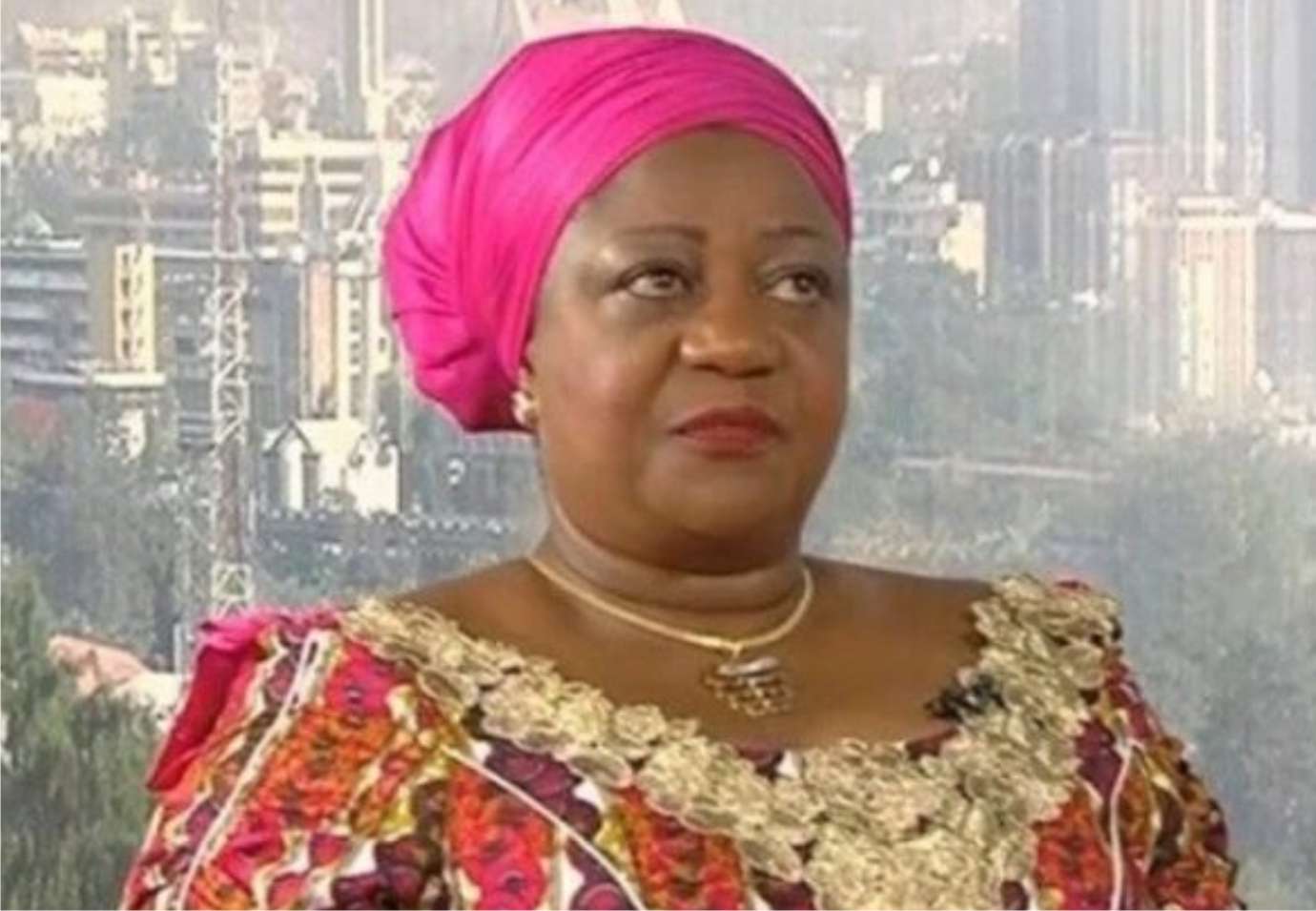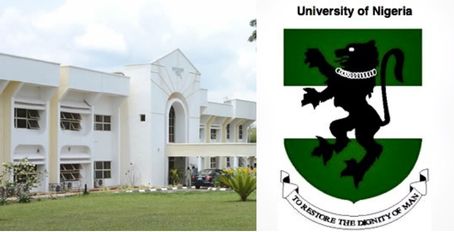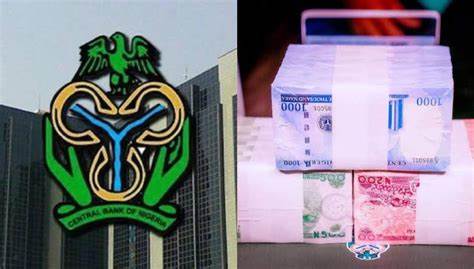A wide range of the people and stakeholders in the Niger Delta region are relieved that a new NDDC Board of Directors has been composed and inaugurated into office.
It came exactly four years after the last one, headed by Senator Victor Ndoma-Egba from Cross River State, was disbanded in January 2019. Between 2019 and now, there have been some four interim managements for the for the NDDC (an acronym for the Niger Delta Development Commission), which served without a board, but were put in place by the President pending the composition of a board. The interim arrangement had generated quite a furore, but the President was clear that there wouldn’t be a board until a comprehensive forensic audit of the commission was concluded. The audit, requested by the governors of the region, was necessary to address many governance and operational issues and reset the commission.
Join our WhatsApp ChannelI therefore congratulate the Chairman of the new board, Madam Lauretta Onochie; the new managing director, Dr. Samuel Ogbuku and indeed all the other members, on their appointments. I know a few members of the new board, and i note that they come highly recommended. I wish them a successful tenure and do hope that they will justify the President’s confidence in them.
The constitution of the board is in line with section 2 (1) of the NDDC Act 2000, and this is its seventh board since its founding 22 years ago. It has its job cut out. The people of the region expect so much from the commission, and it is my expectation that the new executives will live up to the high hopes of the President, minister, governors and indeed, the people of the region.
READ ALSO:Alleged Diversion Of N25bn: ‘NDDC Director Not Arrested By EFCC’
Inaugurating the board last week, Mr. Umana Umana, Minister of the Niger Delta, who oversees the commission, had noted that its first order of business should include diligent implementation of the report of the Forensic Audit; addressing the numerous cases of irregular employment in the Commission and concluding work on the ongoing personnel audit in the Commission to ensure that all cases of employment from 2019 were in accordance with extant rules and regulations of the Service.
Managing procurement processes had always seemed to be the commission’s major weakness and this has created the unenviable perception that the agency is embroiled in unbridled corruption. But despite this impression, NDDC has achieved a lot in the last 22 years. A recent publication of the projects undertaken by the commission in the last seven years is revealing and impressive.
To continue in this trajectory, the new management should focus more on impactful regional projects and completion of ongoing projects to better serve the people of the region and deliver on the mandate of the NDCC, rather than indulging in ‘‘the award of spurious and indiscriminate new contracts’’, as the minister stressed.
There is no doubt that the Buhari administration has fought hard to make good governance and transparency an important component of our public service. Recent arrests and convictions of high-profile persons who had served in senior government positions have sent clear signals that this government means business.
I do not know how well the succeeding administration would pursue anti-graft measures, but it is important for the new NDDC management to keep in mind that strict adherence to the relevant Public Service rules, particularly procurement thresholds in the Public Procurement Act, and keeping to financial regulations to ensure prudence, should be their guiding principle.
It is also notable that NDDC is refocusing on new development concepts that centers on core infrastructure projects such as inter-state roads. For someone who travels extensively across the Niger Delta region, I have been quite worried by the extent of the decay of Trunk A roads. It is a paradox that an area which produces the nation’s huge income is straddled with decrepit motorways. As a matter of urgency, I suggest the new management to reconstruct the Eleme Junction and many other broken areas on the East-West Road. But the whole stretch of the Eleme Junction through to the Trailer Park and the Refinery Area calls for immediate permanent interventions.
Another agenda that should attract the attention of the new Board is the Regional Infrastructure Development Framework conceived by the federal government ‘‘to build an integrated regional economy with interstate road, rail and water transportation networks; standard health and education facilities, as well as due focus on security and human capital development’’. This framework, if well implemented, would catalyze a holistic development of the region and stem rampant cases of insecurity, environmental degradations, oil thefts, militancy and agitations. It is often said that if the Niger Delta regions fails, the country would be dragged down, and vice versa.
For some reasons, I am confident that this NDDC board and management will succeed. Lauretta Ifeanyi Onochie is a true Niger Deltan in every sense of the word. Born in Delta State, but raised in Calabar, she speaks fluent Efik and her mother tongue. Her cosmopolitan upbringing will definitely fit her well into the diversity of our region. Madam Onochie had worked closely with President Buhari for many years before her new assignment. She appreciates how important honesty, probity, transparency and the fight against corruption are to this President, and being the first woman Chairman of the commission, she knows how transformational her appointment is.
Nigerian women have been pushing for more influential roles in government. If Onochie and her board performs well, she would set a good example for our young girls and open the door wider for other women. Well educated and deeply experienced in public service, the new chief executive, Dr. Samuel Ogbuku is imbued with the vigor and vitality of youth. He has a Ph.D in Political and Administrative Studies.
I am also hopeful because Minister Umana is a man of proven capacity and enormous energy. I have known Umana since his days in Akwa Ibom State government where he had served in many capacities, and I can vouch for his high sense of duty, professionalism and integrity. His brilliance, ability to solve difficult problems; his long public service experience and capacity to work through a complex labyrinth should guide him in repositioning NDDC.

Etim Etim
ETIM ETIM is a journalist, banker and author. He has been a member of the Editorial Board of The Guardian, a Regional Manager in Access Bank and is currently a Columnist in Prime Business Africa, The Cable and Businessday newspapers.
He is also the Chief Executive of Stein Meyer Communications, a major media consultancy and the author of the best-selling book, "Akwa Ibom Heroes: Inside Story of the Fight for Abrogation of Onshore-Offshore Oil Dichotomy" and co-author of another book, "Osinbajo Strides: Defining Moments of an Innovative Leader".

















Follow Us